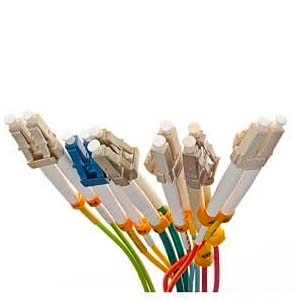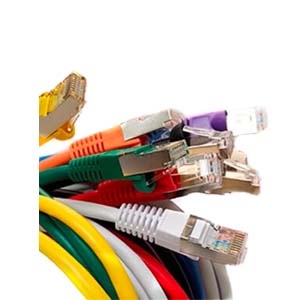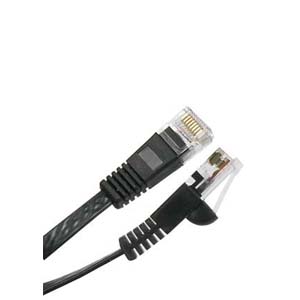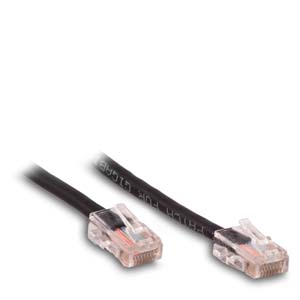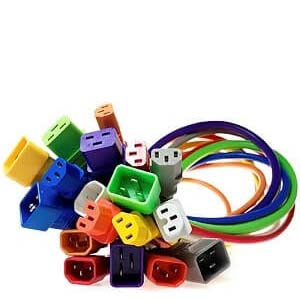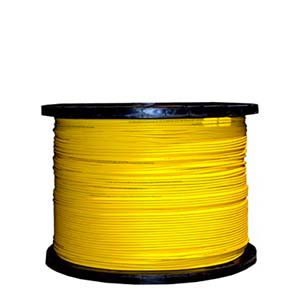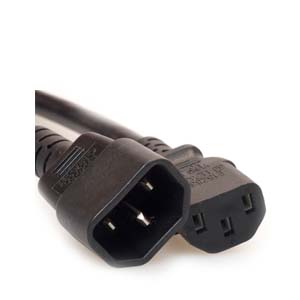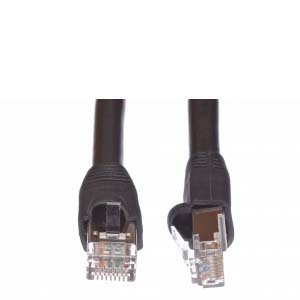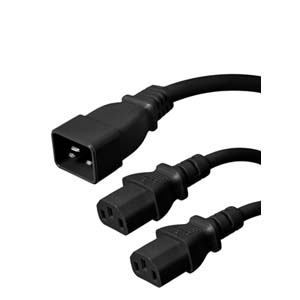Cables Blog
The Science of Patch Cords
Learn what patch cords are and how to use them.
Selecting, installing and maintaining the right patch cord can improve the performance of your network and help ensure as much uptime as possible.
by Vikas Dayal • July 09, 2019
Cables.com News and Information, Network Patch Cables, Online Learning, Network Patch Cords, Cables.com, Patch Finder
A patch cord, patch cable or patch lead is an electrical or optical cable of predefined length used to connect ("patch in") one electronic or optical device to another. Even though patch cords are quite common, they perform an important part in transmitting data signals within the LAN (Local Area Network). An Ethernet cable and a patch cable can be the same, but the latter is usually shorter.
One common use of patch cords is to connect a laptop or desktop computer to a wall jack. In a Data Center, patch cords are used to connect equipment in one rack or enclosure to equipment on another shelf of the same rack, or to equipment on a different rack or enclosure.
Copper
Patch Cords
Copper patch cords can
be STP (Shielded Twisted Pair) or UTP (Unshielded Twisted Pair) and
have an RJ45, TERA or GG45 connector on both ends, although hybrid
versions exist that have different types of connectors. They are
either made with solid or stranded copper and typically shorter than
other connector cables due to potential signal loss. A copper patch
cord with a smaller outside diameter takes up less space and has a
smaller bend radius. This allows it to be installed in smaller areas.
Fiber
Patch Cords
Fiber patch cords,
also called fiber jumpers, are made of fiber optics with
connectors at both ends. The caps allow the cord to be rapidly
connected to an optical switch or other telecommunications or
computer device. It is also used to connect an optical transmitter,
receiver or terminal box.
Potential Problems with Patch Cords
Bit error rate in copper patch cords can affect transmissions, slow down computer operations, prevent signal communication and even alter data signals.
Signals can also “leak” and weaken the transmission. In addition, RFI (Radio Frequency Interference) and EMI (Electromagnetic Interference) can interfere with the signal, causing an increase in bit error rates.
Fiber patch cords have other problems including broken fibers due to too much tension or bending, insufficient transmitting power, excessive signal loss due to a cable that is too long, a faulty connector and faulty splices.
Homemade
Patch Cords
It is difficult to
build homemade patch cords. The twisted pairs must maintain their
twists as close as possible to the RJ-45 connectors, and the
connectors must be high quality for the best signal carrying
capabilities. Homemade patch cords that don't meet specifications can
cause problems.
Length
Patch
cords can be as short as 3 inches (8
cm) to connect stacked components or as long as twenty feet (6 m),
depending on the type and use. Fiber patch cords are available in
lengths of 2 m, 3 m, or 5 m. It´s always wise to keep your patch
cords as short as possible without creating undo strain on the
connectors.
Testing Patch Cords
A “Channel Test” involves patch cords while a “Permanent Link Test” does not.
If you are troubleshooting an existing network or need to find out if it will support an application, channel testing is advised. If you are testing a new network or new connections, you will want to know if the cable performs to standards. In that case, the Permanent Link test is the recommended testing method.
The bottom line is that selecting, installing and maintaining the right patch cord can improve the performance of your network and help ensure as much uptime as possible.
Patch cords link switches, hubs, modems, and other devices together in a network environment.



